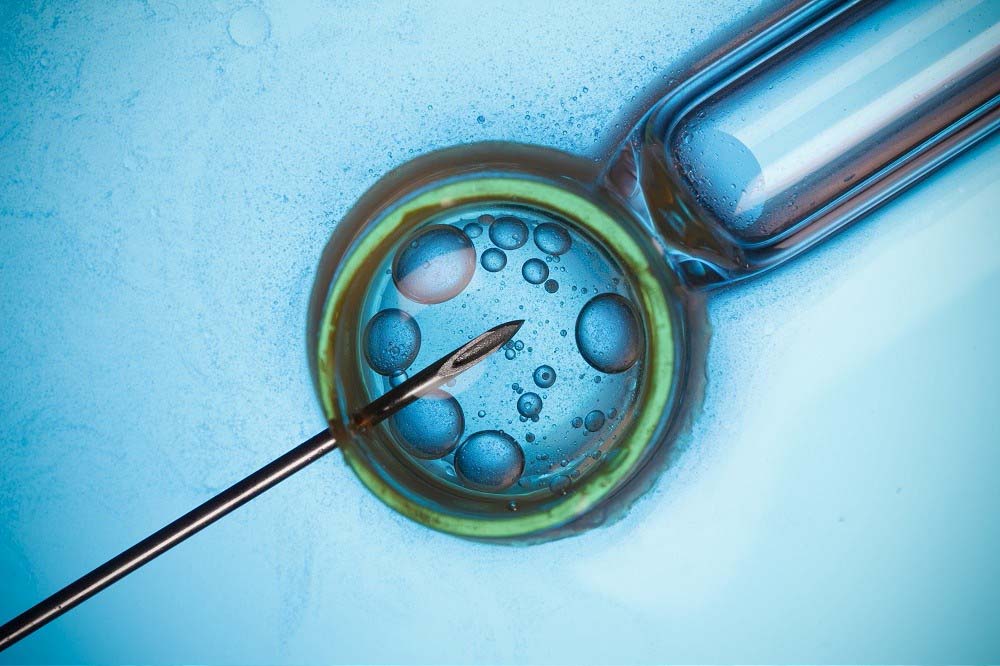At ARC Fertility, we are committed to staying at the forefront of innovative technologies that can revolutionize the landscape of fertility care. We believe in keeping self-insured employers, brokers, TPAs, captives, health plans and plan sponsors informed about the latest developments that can significantly impact the success rates of in vitro fertilization (IVF) treatments.
In a recent development, researchers from the University of California San Diego School of Medicine have unveiled a new non-invasive method to predict the quality of embryos used in IVF. Published in Cell Genomics, this novel technique analyzes extracellular RNA (exRNA), providing additional information on the embryo’s quality during its developmental stages.
Researchers identified around 4,000 exRNA molecules at different developmental stages of embryos. Using this data, a machine learning model was trained to predict the morphological quality of embryos based on the exRNAs they produce. This replicates traditional assessments of embryo quality but offers additional non-invasive and potentially cost-effective information.
Advantages Over Traditional Methods for IVF Success Rates
The impact of this approach on IVF success rates is potentially significant. By identifying higher-quality embryos through a non-invasive method, the process could become more efficient and potentially more successful.
Compared to traditional methods like biopsies, this innovative technique offers multiple advantages. It reduces dependence on operator technical skill, lowers costs, eliminates invasiveness, and utilizes leftover culture media, making the process more efficient and less wasteful.
Commentary from ARC Fertility’s Founder and CEO
David Adamson, MD, FRCSC, FACOG, FACS, founder & CEO, ARC Fertility, highlights the potential importance of this development. Recognizing that it’s still in the early stages. he emphasizes the need for further research to ensure the safety and efficacy of this technique.
“Advancements in reproductive technologies, particularly at the intersection of genetics, artificial intelligence, and IVF, represent a promising step forward in enhancing the success rates of fertility treatments. The non-invasive method developed by researchers at the University of California San Diego holds potential but requires thorough validation. We are cautiously optimistic about the possibilities it presents, emphasizing the need for continued research to ensure safety, accuracy across different populations, comparison with existing technologies and cost-effectiveness relative to improvements in live birth rates and potential savings in other treatment costs. At ARC Fertility, we remain committed to incorporating cutting-edge innovations that contribute to more accessible, efficient and successful family-building journeys for our patients.” –Dr. Adamson
A Promising Future for IVF
While this research is in its early stages, the potential it holds for improving IVF treatment is evident. ARC Fertility is dedicated to monitoring these advancements closely, ensuring that our partners have access to the latest, most reliable technologies for successful family building. However, only new technologies validated to improve outcomes cost-effectively are included in clinical packages provided by ARC network reproductive endocrinologists.
If you have any questions or would like to discuss how these advancements may benefit employers and their employers, please contact us.


